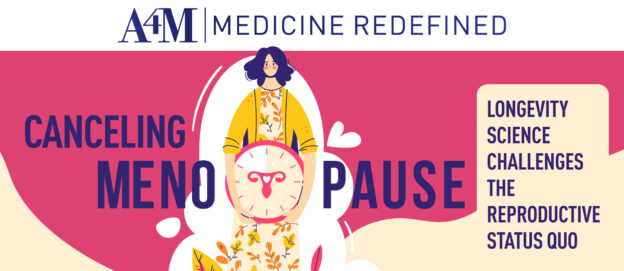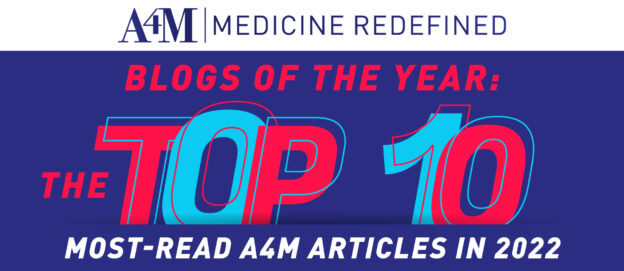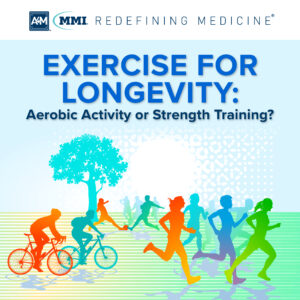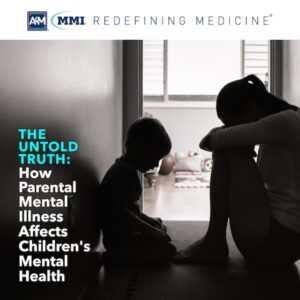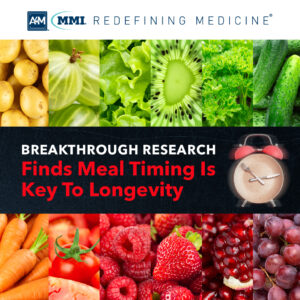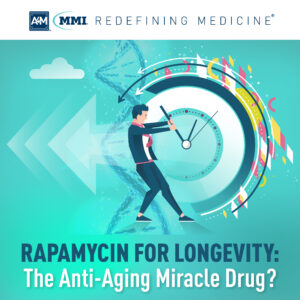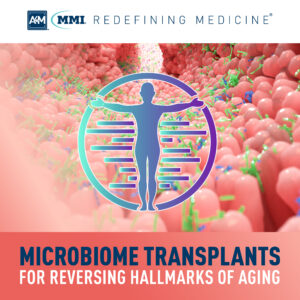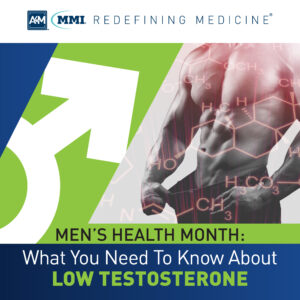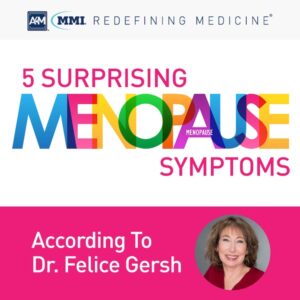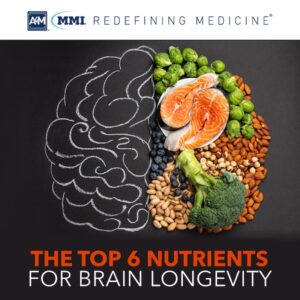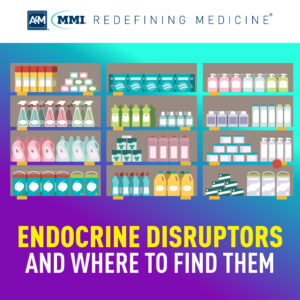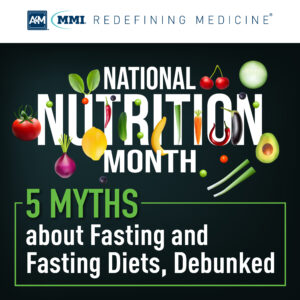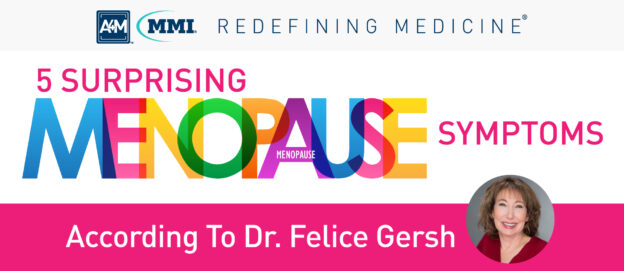Society has long accepted the natural decline of fertility and the onset of menopause as an inevitable part of life for women. An increased risk for age-related disease, disability, and cognitive decline, that just comes with the territory. However, the status quo of shifting hormone levels accompanied by cumbersome symptoms ranging from relatively mild (night sweats, irregular bleeding) to potentially fatal (heart disease, dementia) is now being questioned.
Humans are unique in that we are one of only five species that experience menopause and the only one that lives on land. Our closest cousins, chimpanzees, do not stop their reproductive cycles until near death. So why must we?
The truth is, there is no fundamental biological reason that requires women to begin losing the eggs essential to their future fertility before they even exit the womb. From 7 million eggs at 26 weeks of gestation down to 1 million at the time of birth, the number of eggs females carry begins to decrease exponentially, dwindling to 1,000 by age 51.
It’s worth noting that egg quality decreases with age, too: chromosomal defects increase by 0.5% each month after 35 years old, so a woman in her early 40s will likely have abnormalities in three-quarters of her remaining eggs.
While in utero and weighing approximately six large carrots (760g), a female’s fertility peaks. But does that make any evolutionary sense?

